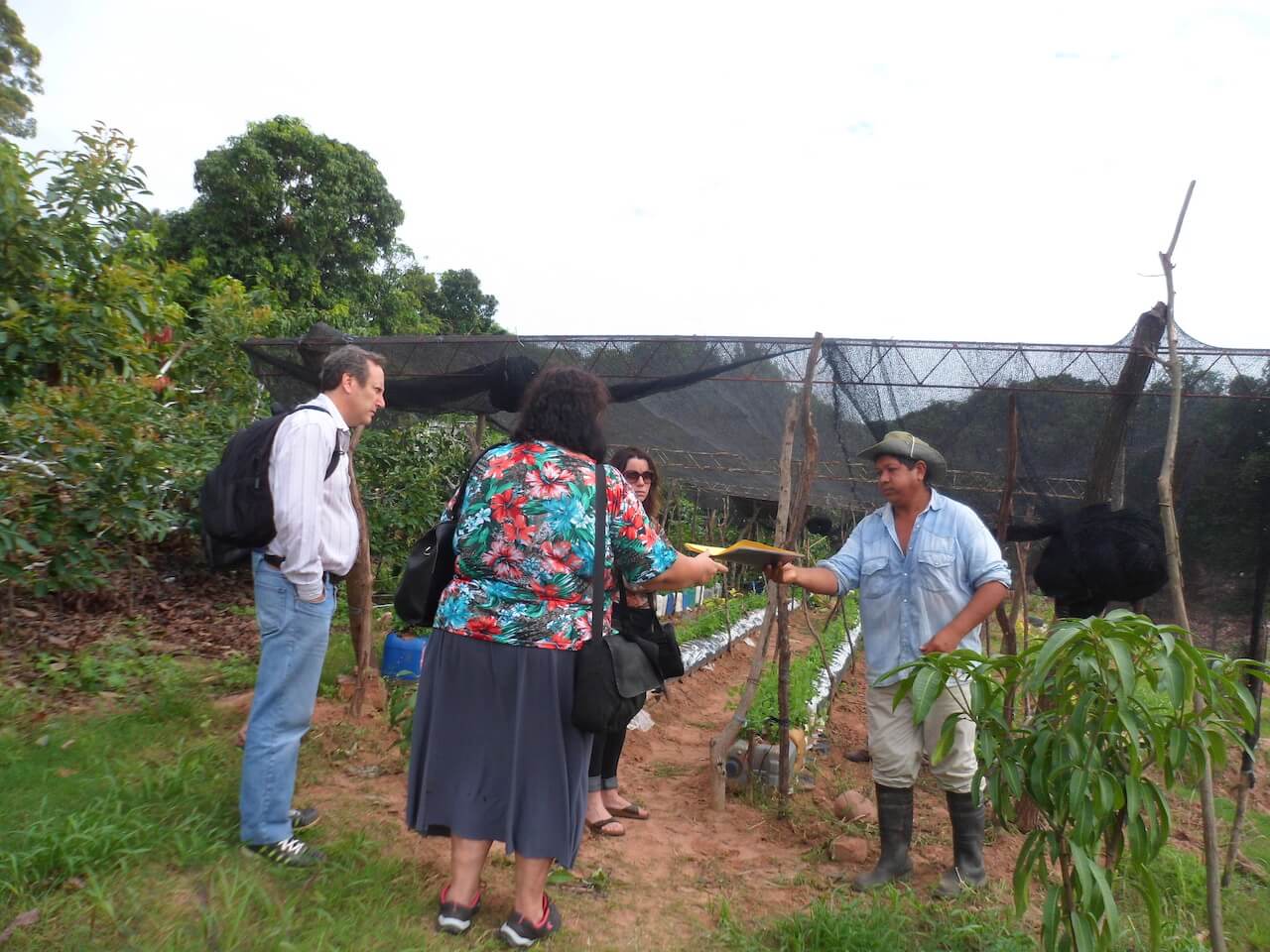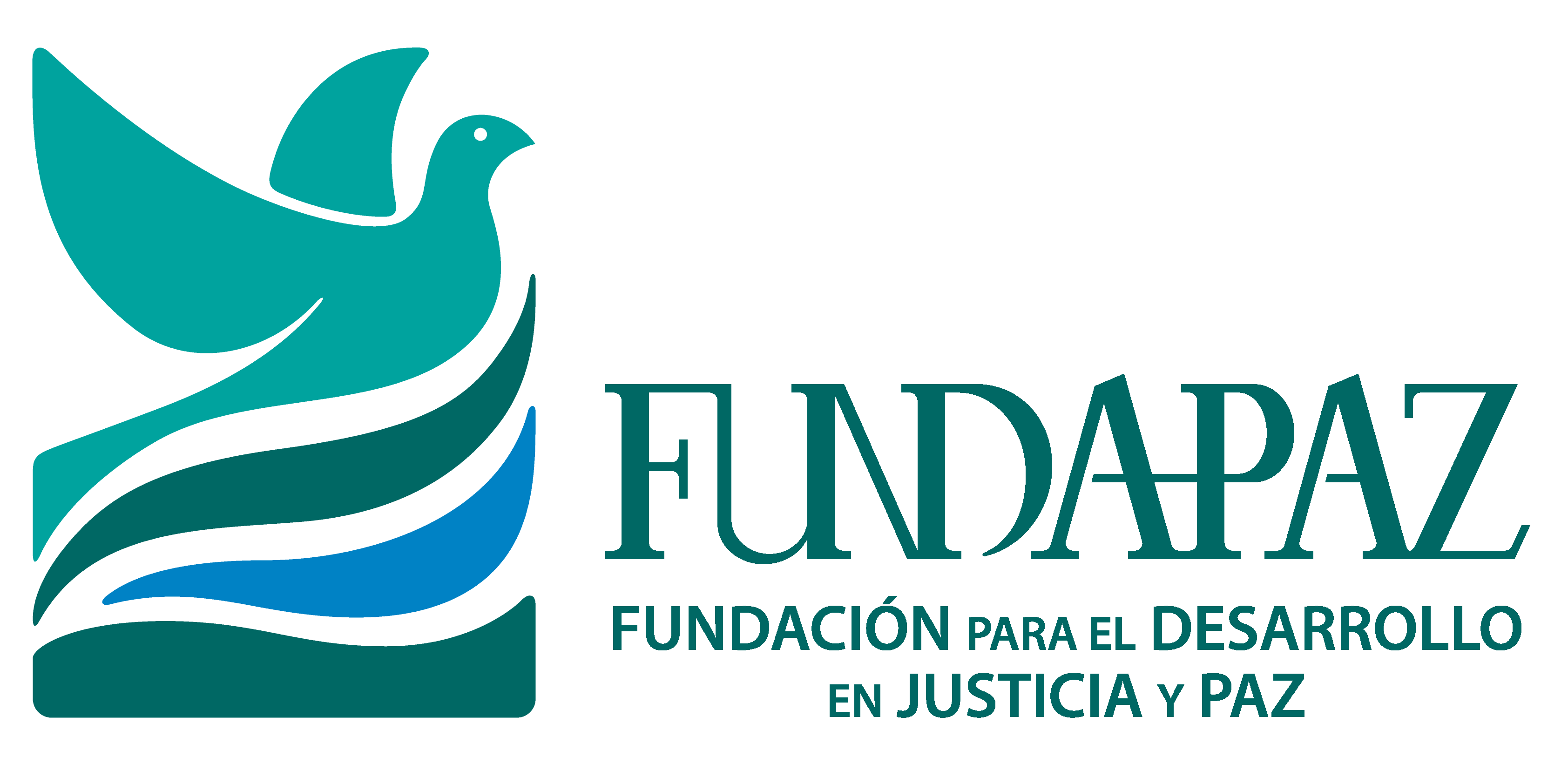Salta

Contact:
Oficce: España 1587
(4400) Salta
Tel/Fax: (54-387) 421-3064.
E-mail: salta@fundapaz.org.ar
The work area is located in the northeast of the province and covers four regions: Bermejo, Morillo – Los Blancos, Pilcomayo and Rivadavia Banda Sur.
Bermejo. Located in the so-called “Threshold to the Chaco” or “transition jungle”, in the department of San Martín. It is a sub-humid and warm region, with high agricultural potential, with jungle-type vegetation in its western part and more Chaco towards the east, passing through a transition zone.
Morillo – Los Blancos. It is located in the municipality of Rivadavia Banda Norte, department of Rivadavia. It belongs to the Semi-arid Chaco. It is a dry region with high temperatures, with a serious water deficit every month of the year and high degrees of erosion and desertification.
Pilcomayo. The area is located in the municipality of Santa Victoria, department of Rivadavia, in former fiscal lots No. 14 and 55. This region covers the northern area of the so-called Chaco Salteño. It is a semi-arid area with highly degraded areas, called “peladares”, alternated with forests.
Rivadavia Banda Sur. The region is located on the southern bank of the Bermejo River, it belongs to the Municipality of La Unión in the department of Rivadavia. It has geographic characteristics similar to Los Blancos, with strong isolation due to limited access routes.
The recipients of our action in this province are indigenous communities and Creole families. It involves 5,000 families, around 30,000 people, living in the aforementioned areas.
Santiago del Estero
FUNDAPAZ’s work area is located in the center and north of the province and covers three large areas: Robles, Garza and Salado Norte. They all belong to the Semi-arid Chaco region, with a tropical climate with high temperatures in summer, which can reach 50 degrees Celsius. The natural resources of this region are highly degraded as a result of indiscriminate logging, inadequately developed agriculture, and over-exploitation of livestock.
The Garza area is dry land and includes part of the departments of Avellaneda, Sarmiento and San Martín. The town of Garza, head of the Sarmiento department, is the reference town in this area and is located 95 km from the capital city, on National Route 34.
The Robles area is irrigated and covers part of the Robles, San Martín and Capital departments. The reference town in the area is Forres, located on Route 34 and 36 km from the capital of the province.
We are also working in the Salado Norte. There we articulate our actions with the work that the San José de las Petacas de Boquerón Parish has been developing, with the peasant organizations of the Mesa de Tierras del Salado Norte, which brings together organizations from the Copo and Alberdi departments.
The task in the province is aimed at strengthening the organizational and productive aspects in order to consolidate all the actions that are already being developed in the territory, aimed at improving the quality of life of families and the self-management of organizations.
The recipients of our action are around 1,500 families, around 9,000 people.

Contact:
Oficce: Belgrano s/n
(4312) Forres. Santiago del Estero
Tel/Fax: (0385) 4902011
E-mail: sgodelestero@fundapaz.org.ar
Santa Fe

Contact:
Presbítero José Houriet 1647
(3550) Vera, Santa Fe
Tel/Fax: (54- 03483) 421 037.
E-mail: santafe@fundapaz.org.ar
The work was developed in the north of the province, in two areas: La Cuña Boscosa and the Submeridionales Basses.
La Cuña Boscosa is located in the north of the province, covers part of the Vera and General Obligado department; and belongs to the Sub-humid Chaco. It has a subtropical climate, with an average temperature of 22 degrees and a mountain composed mainly of quebrachales and carob trees.
The Submeridional Lowlands is a wetland of more than 3 million hectares, which covers part of the Vera department, Nueve de Julio and San Cristóbal, with extensive grasslands and aquatic environments. The region has a very poor socio-economic development and its main productive activity is extensive livestock farming developed on the basis of forage offered by its natural pastures.
In this area, our action is aimed at some 1,500 peasant families living in small rural communities that belong to the localities of the Vera department.
Jujuy

Contacto:
Oficce: EDIPAJ
Camino vecinal s/n
El Bananal, yuto (4518)
Jujuy
Tel.: (54-388) 6651909
FUNDAPAZ recently began to work in support of the Assembly of the Guaraní People (APG) in the towns of Calilegua, Fraile Pintado, Vinalito, San Pedro, Yuto and Bananal, in what is known as the Jujeño Branch, giving continuity to many actions that They arose from projects destined for Salta and Jujuy, which had the support of Church World Service (CWS).
They were complemented by networking with other institutions that interact in the same territory. In turn, the activities deepen a process that began years ago with the Trinational Integrated Program (PIT) that was developed in Argentina, Bolivia and Paraguay, and whose goal was to achieve the empowerment of women; promote political leadership and advocacy; and achieve the strengthening of organizations, among other objectives.
Some of the strong lines of work in this area are the attention to youth problems, the socio-organizational and productive strengthening of indigenous families, organizations and families.
Let us know about your queries regarding our work areas
What we do
The Foundation works in Argentine Chaco region in the provinces of Salta, Santiago del Estero and the north of the Province of Santa Fe …
Strategic lines of work
Conozca mas acerca de las lineas estratégicas de trabajo que realiza la Fundación para el Desarrollo en Justicia y Paz …

